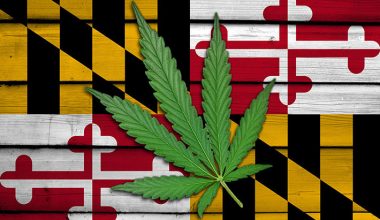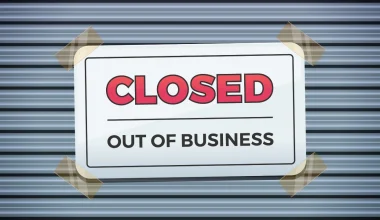
Starting January 1st, most employers will no longer be able to either fire or refuse to hire someone based solely upon their cannabis use history.
Under the provisions of Assembly Bill 2188, which was signed into law in 2022, employers can no longer “discriminate against a person in hiring, termination, or any term or condition of employment, or otherwise penalize a person, if the discrimination is based upon the person’s use of cannabis off the job and away from the workplace” as determined by a positive drug screen for the presence of the carboxy THC metabolite. This non-psychoactive compound can be detectable in subjects’ urine for weeks or even months following past exposure, long after any potential effects have worn off.
(Certain employers, such as those in the construction industry or those who must abide by federal workplace drug testing guidelines, are exempt from the new law.)
Other provisions in the new law allow for cannabis consumers who have experienced workplace discrimination to institute civil actions for damages and other relief against their former employers.
Additional legislation, Senate Bill 700, also takes effect on January 1st. It makes it unlawful for employers to “request information from an applicant for employment relating to the applicant’s prior use of cannabis.”
The reforms are the result of a multi-year effort by California NORML. Dale Gieringer, the Director of California NORML, said: “Testing or threatening to test bodily fluids for cannabis metabolites has been the most common way that employers harass and discriminate against employees who lawfully use cannabis in the privacy of their own homes. These new laws will end that practice without impacting workplace safety. Numerous studies have found that workers who test positive for cannabis metabolites have no higher risk of workplace accidents.”
In recent years, Michigan, Nevada, and Washington have passed legislation halting pre-employment marijuana testing statewide. Several other states — including Connecticut, Minnesota, Montana, New Jersey, New York, and Rhode Island — have enacted broader workplace protections limiting employers’ ability to test for or sanction employees for their cannabis use while off the job.
Additional information is available from California NORML. Information on workplace drug testing is available from the NORML Fact Sheet, ‘Marijuana Legalization and Impact on the Workplace.’
Related
Medical Disclaimer:
The information provided in these blog posts is intended for general informational and educational purposes only. It is not a substitute for professional medical advice, diagnosis, or treatment. Always seek the advice of your physician or other qualified healthcare provider with any questions you may have regarding a medical condition. The use of any information provided in these blog posts is solely at your own risk. The authors and the website do not recommend or endorse any specific products, treatments, or procedures mentioned. Reliance on any information in these blog posts is solely at your own discretion.






